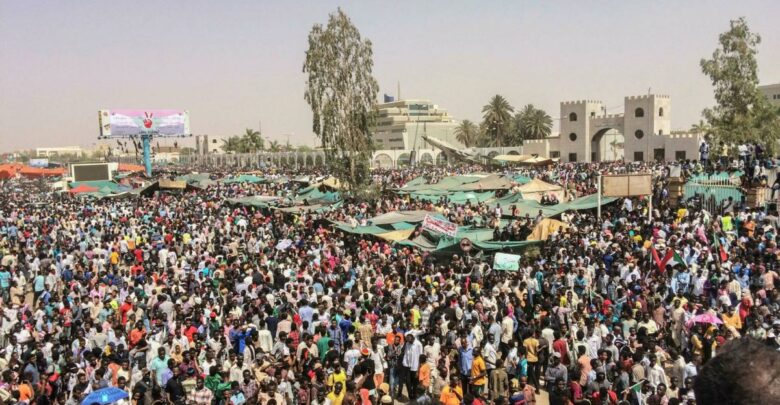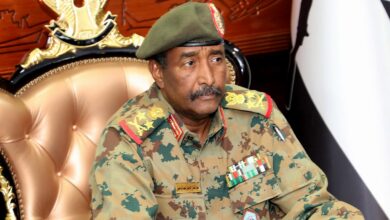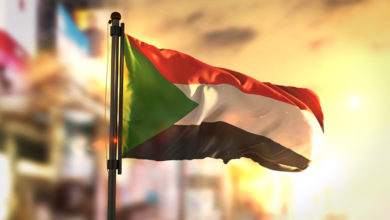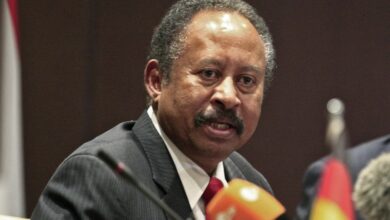Sudan
Sudanese Continue With Protests Against Military Rule & Economic Conditions

Sudanese people came out on the streets on Monday to protest against worsening economic conditions as they marched in the capital Khartoum and other cities in continued demonstrations against military rule, reported Africa News. The protesters are also demanding the release of all detainees in jail cells.
Security forces were seen firing tear gas canisters toward the anti-coup protesters to disperse them.
Monday’s protests follow an increase in the cost of bread and transport in recent days. On Sunday, the price of bread shot up over 40 percent, while the cost of transport also jumped 50 percent.
Regular protests calling for the civilian rule have continued since a military coup led by army chief Abdel Fattah al-Burhan on October 25. According to Sudanese medics, the heavy-handed crackdowns have led to the deaths of 87 people.
Monday’s rally was the latest in a series of protests over the military takeover that removed the civilian-led transitional government. The October coup derailed a fragile power-sharing agreement between the army and civilians, which was negotiated after a popular uprising forced the military to remove al-Bashir and his Islamist government in April 2019.
Pro-democracy protesters want the establishment of a fully civilian government to complete the now-stalled democratic transition.
The Sudanese military, however, insists that they will hand over power only to an elected government and that the elections will take place next year.
Last week, the United Nations Human Rights Council (UNHRC) said it estimated around 1,000 people have been arrested since the coup, including women and children.
“The Sudanese authorities must cease to use excessive force and live ammunition against protesters,” said United Nations human rights chief Michelle Bachelet, calling for the release of detainees.
The ambassadors of the European Union, Canada, and the United States have also slammed the Sudanese military’s attempts to unduly limit the freedom of expression of the people.





